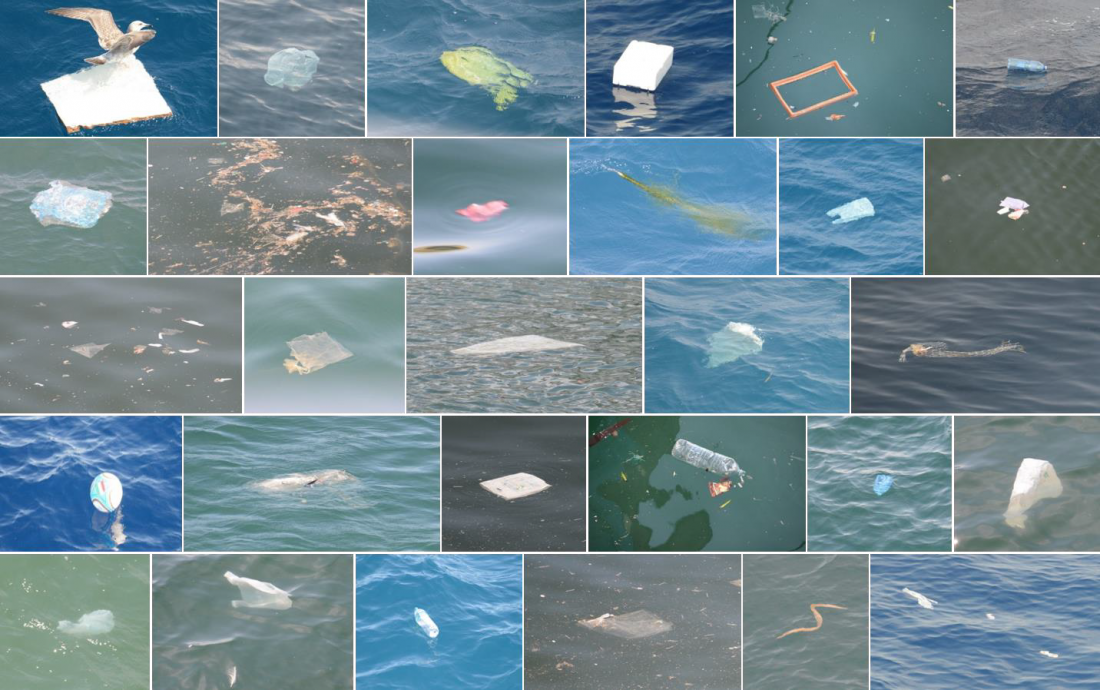COMMON project methodologies capitalized in "Floating Marine Macro Litter monitoring background" report

Part of the scientific research within the COMMON project is related to the monitoring of floating debris, an important fraction of marine litter. Indeed, being the mobile fraction of marine litter, studying the floating waste on the sea surface can provide indications of the main sources, sinks, and pathways of litter in the marine environment, and allows the assessment of the effects of waste prevention measures.
In this regards a new important report has been recently released the "Floating Marine Macro Litter (FMML) – State of the art and literature”. This technical report aims to provide a comprehensive collection of the different approaches that can be used, today, to monitor FMML. To this end, several methodologies have been proposed and tested across the globe for monitoring FMML.
However, to guarantee that data collected within the monitoring programs are representative and consistent, and to allow the assessment of trends and thus the evaluation of the effectiveness of mitigation measures, commonly agreed protocols for data collection and management need to be implemented.
The report has been released by the Joint Research Centre (JRC), the European Commission’s science and knowledge service, and developed by the MSFD Technical Group on Marine Litter (TG ML) to update the FMML monitoring guidance and support EU Member States (MS) in the implementation of monitoring programs.
The ENI CBC MED-funded project COMMON has strong synergies with the methodologies developed in MEDSEALITTER and PlasticBusters MPAs projects that have strongly contributed to this report. COMMON project is committed to making the knowledge and results generated more accessible and improving the transfer of the different approaches, methodologies, and technologies that can be employed for the quantification of floating litter at sea.









